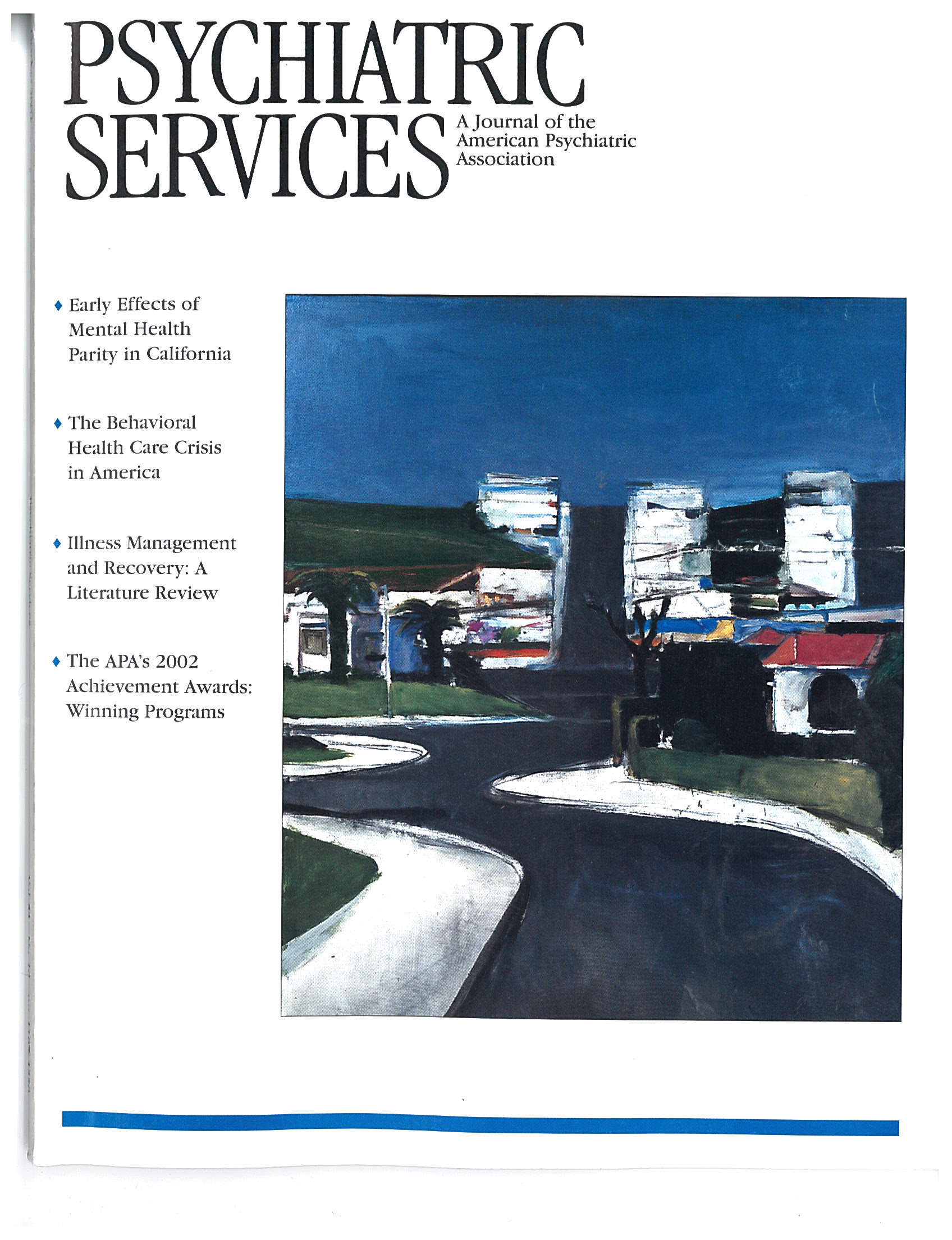Responsibility and Addiction
To the Editor: Kudos to the members of the committee on addictions of the Group for the Advancement of Psychiatry for examining their own judgments of responsibility for the onset, progression of, and recovery from substance use disorders. Pro-viders, administrators, and policy makers would be wise to heed the committee's advice to do the same.
Recent work by our group and others suggests that persons with substance use disorders are viewed as more responsible for their problems than persons with other physical or mental disorders (1) and that others are more likely to attribute their problems to personal causes, such as bad character, than to biological or genetic causes (2). Our work (3) and the work of social psychologists like Bernard Weiner (4) also suggests that people are less likely to help those whom they view as responsible for their problems.
Consistent with Weiner's attributional model of helping behavior, the committee states, "The degree to which we as psychiatrists view our patients with addictions as responsible is central to our approach to them." What does this mean for providers and programs? Providers may expend less energy to help patients with substance use disorders if they believe that these patients are responsible for the onset and progression of the disorder and their recovery from it. Administrators and policy makers may be less willing to allocate resources to serve people whom they believe are responsible for their disorders, and they may decide to allocate resources to more coercive services based in the criminal justice system (5).
However, the belief that persons with substance use disorders are not responsible has a down side. If we view clients as not in control of some aspects of their disorder, we may fail to deliver services in a way that empowers them to recover.
The committee has provided an insightful review of several perspectives on responsibility for substance use and abuse. Clearly, what is needed now is research that examines how beliefs about responsibility for onset, progression, and recovery influence clinical practice and policy.
Dr. Watson is project director of the Chicago Consortium for Stigma Research, and Dr. Corrigan is professor of psychiatry and executive director of the University of Chicago Center for Psychiatric Rehabilitation.
1. Corrigan PW, River LP, Lundin RK, et al: Stigmatizing attributions about mental illness. Journal of Community Psychology 28:91-103, 2000Crossref, Google Scholar
2. Martin JK, Pescosolido BA, Tuch SA: Of fear and loathing: the role of "disturbing behavior," labels, and causal attributions in shaping public attitudes toward persons with mental illness. Journal of Health and Social Behavior 41:208-233, 2000Crossref, Google Scholar
3. Corrigan PW, Rowan D, Green A, et al: Challenging two mental illness stigmas: Personal responsibility and dangerousness. Schizophrenia Bulletin, in pressGoogle Scholar
4. Weiner B: Judgments of Responsibility: A Foundation for a Theory of Social Conduct. New York, Guilford, 1995Google Scholar
5. Corrigan PW, Watson A: What factors explain how policy makers distribute resources to mental health services? Psychiatric Services, in pressGoogle Scholar



